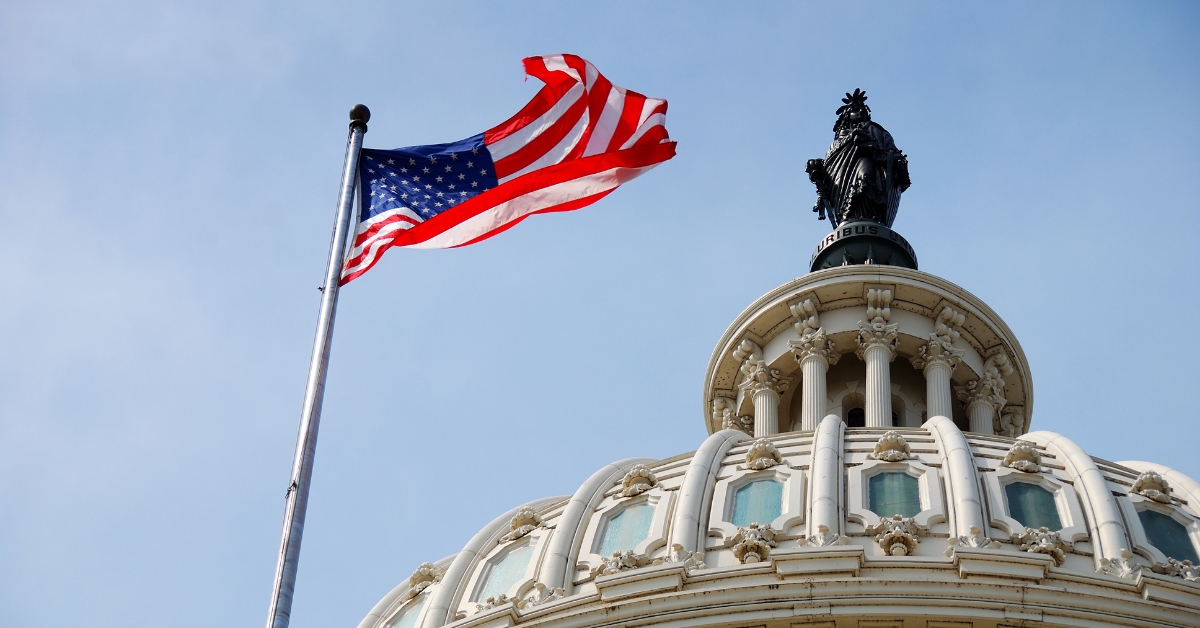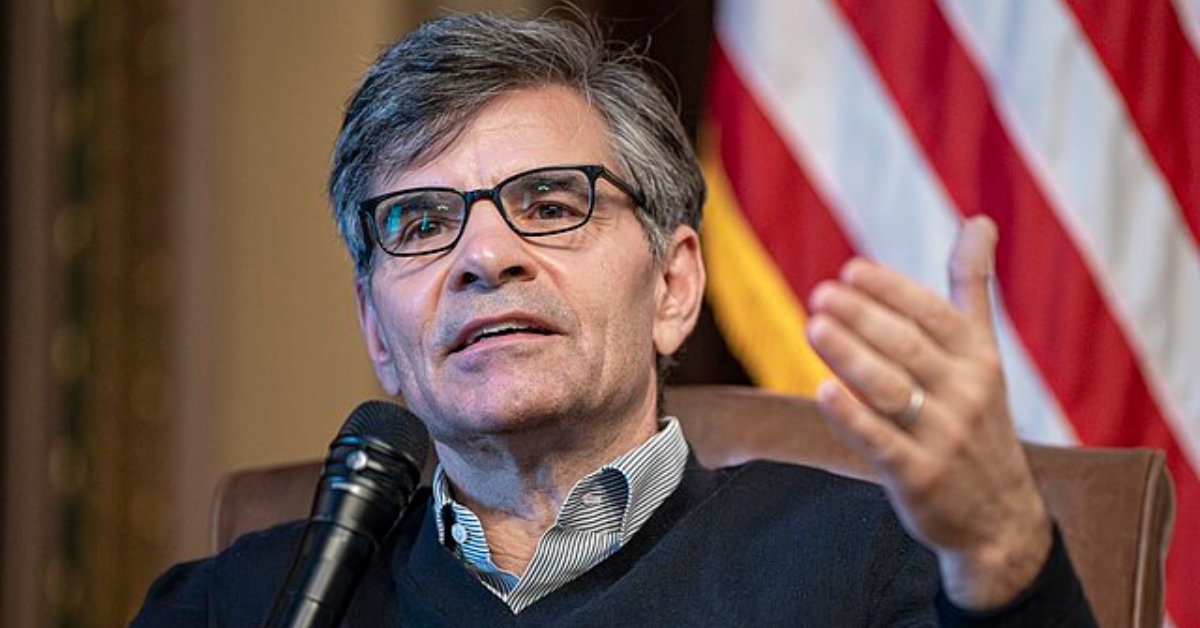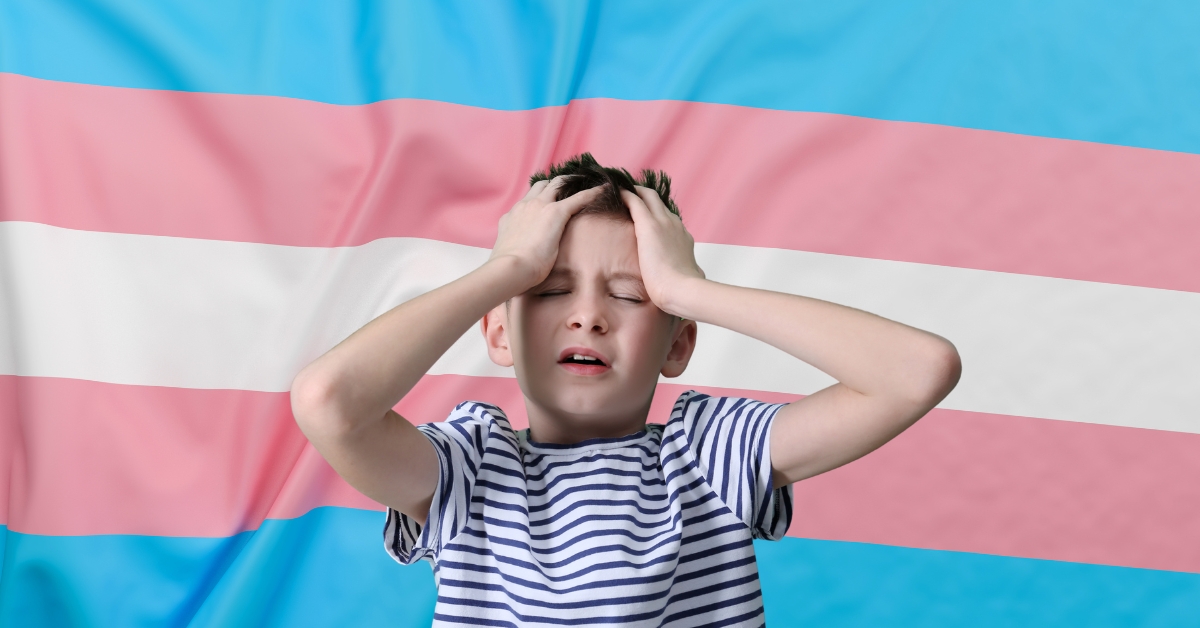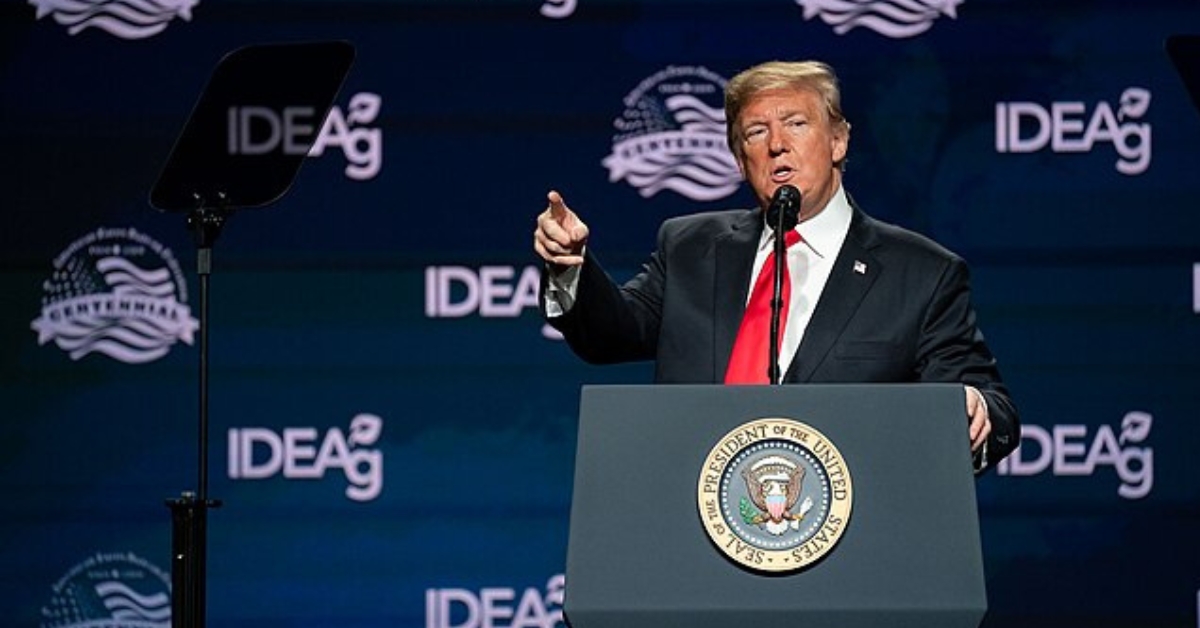
Report Exposes Widespread Suppression of Free Speech on College Campuses
In a trend that’s as alarming as it is sadly predictable, American higher education is showing an increasing disdain for one of the country’s foundational principles: free speech. The Foundation for Individual Rights and Expression (FIRE) has published a report that paints a stark picture of the state of expression on campuses across the United States. With 85 percent of surveyed colleges and universities maintaining policies that directly threaten free speech, it’s clear that the ivory tower is no longer a bastion of open dialogue and intellectual freedom.
The report’s findings are particularly disconcerting when you consider that these institutions are supposed to foster critical thinking and debate. Instead, they are becoming echo chambers where dissenting opinions are not only discouraged but systematically silenced. The classification of institutions into “red,” “yellow,” and “green” light categories based on their free speech policies reveals a troubling reality: the majority of American colleges and universities are places where free expression is under threat.
Elite universities, which should be leading by example, are among the worst offenders. The fact that prestigious institutions like Princeton and Northwestern received “red light” ratings, while Harvard and Yale were flagged as “yellow light” schools, is indicative of a broader cultural shift that prioritizes ideological conformity over academic freedom.
This culture of censorship doesn’t just affect the students and faculty within these institutions; it has far-reaching implications for society at large. The suppression of free speech on campus breeds a generation of graduates who are intolerant of differing viewpoints and unprepared to engage in the robust exchange of ideas that is essential to a functioning democracy. This is evident in the growing trend of censorship and ideological purity tests in the professional world, from tech companies to traditional media outlets.
The examples cited by FIRE, such as investigations into students for trivial or completely legitimate expressions of opinion, are symptomatic of a deeper malaise. It’s a malaise that sees humor, debate, and the simple act of questioning as threats rather than as the lifeblood of a vibrant academic community.
The implications are dire. As campuses become increasingly hostile to free speech, we risk raising a generation that is incapable of engaging with the world in a meaningful way. The ability to debate, to listen, and to change one’s mind in the face of new evidence or compelling arguments is not just an academic skill—it’s a cornerstone of civic engagement and a prerequisite for effective leadership.
What can be done? The path forward must involve a concerted effort to reclaim higher education as a space for free inquiry. Parents, alumni, and donors must demand better from these institutions, refusing to support schools that fail to uphold free speech principles. Legislators should consider tying public funding to the protection of free expression, ensuring that taxpayer dollars do not subsidize the erosion of constitutional rights.
The stakes could not be higher. If we allow the current trend to continue, we risk not only the intellectual impoverishment of our universities but the very foundations of our democratic society. It’s time to stand up for free speech on campus—not just for the sake of students and faculty, but for the future of our nation.














